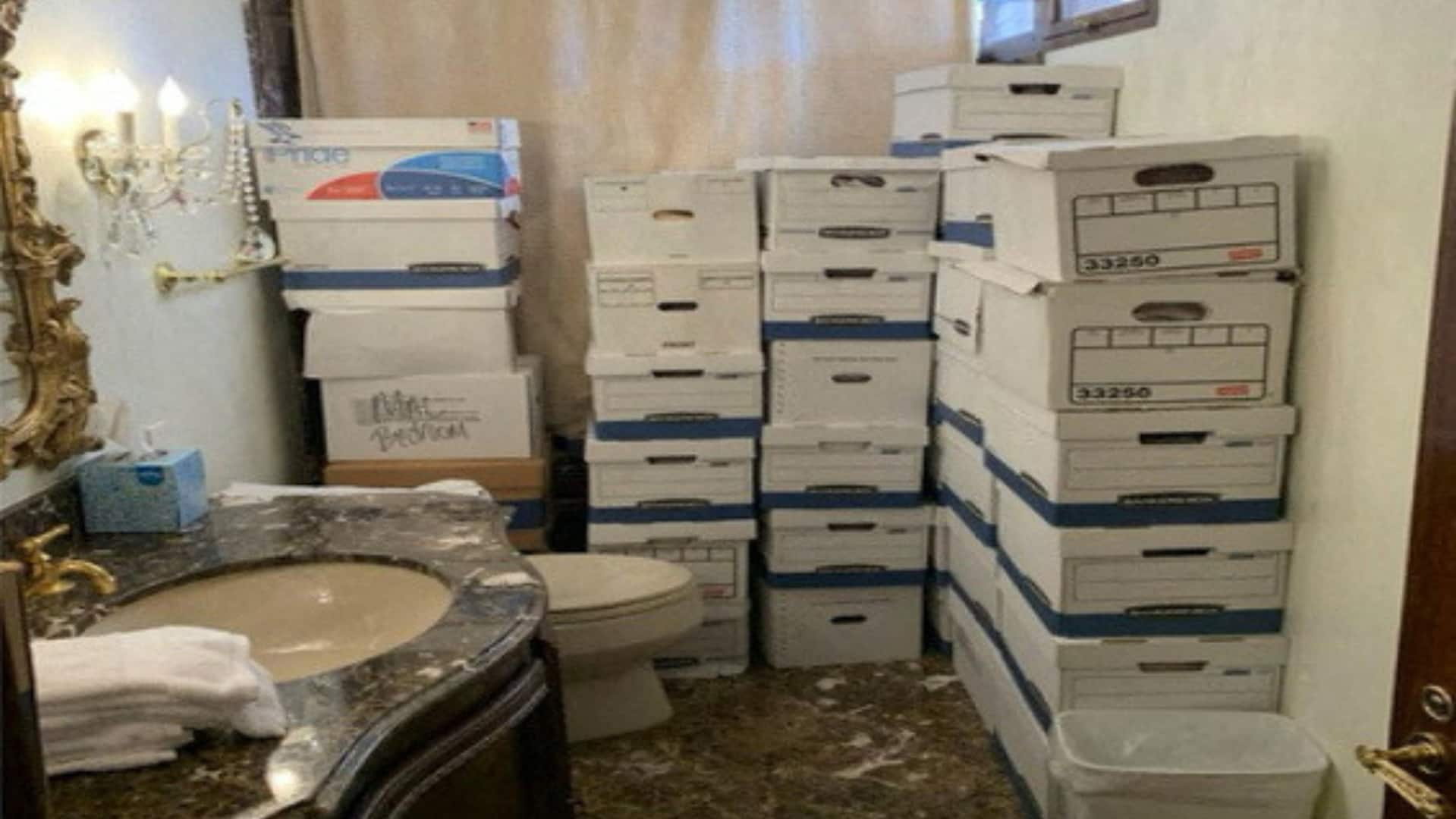|
Half of the world goes to the polls in 2024. Letâs ensure womenâs voices are heard | Ellen Johnson Sirleaf This year, the citizens of more than 60 countries, representing nearly half of the global population, will go to the polls, making 2024 the biggest election year the world has ever seen. A democratic mechanism of that magnitude will have a far-reaching impact on billions of citizens. Municipal, national and presidential elections take on an even more crucial significance given the scale of global challenges â from conflicts and famine to the climate crisis, gender-based violence and terrorism. But our world is not predestined to lurch from crisis to crisis. We can make 2024 the year of positive change and create a historic precedent. We can start by ensuring that this yearâs elections reflect our societies and that those elected work to fulfil the aspirations of those they represent. To make this possible, we need to make sure that everyoneâs voice is heard; this requires the democratic participation of female voters and candidates in elections that are fair and free from intimidation, violence and threats. We have our work cut out for us. As of January this year, there were 28 women serving as head of state or government in 26 countries. At the current rate, it would take 130 years to reach gender equality in public leadership roles. To make 2024 a record year for equality, we need to break down the barriers that prevent women from vying for elected positions and ensure that the voices of female voters are heard loud and clear. As the first woman to be elected president of an African country, I know all too well what female candidates encounter as they embark on public leadership. When I first ran for president of Liberia in 1997, I had to overcome intimidation and threats. That yearâs elections were marred by a lack of transparency and poor democratic awareness. I was ultimately forced into exile as the threats against me escalated. But I did not let this defeat me. Bolstered by the support of female voters, I returned to Liberia and contested the 2005 election. Armed with the tools to tackle the obstacles before me, I was determined to show that women can reach the highest levels of public governance, and, when they do so, they smooth the path for those who follow. Today, I am even more determined to fight for the right of women to reach public leadership. Through collective action, we can create a sea change for womenâs participation across the globe. Leaders, policymakers and activists must ensure that wherever elections are held, they are equitable, inclusive, free and fair. This includes cracking down on vote-buying and ensuring that women â particularly in opposition â are not unfairly prevented from campaigning. It also means allowing women to be politically active without fear of reprisal, harassment or violence. How often have women shied away from entering the political arena because of threats to their safety, security or reputation? We need to counter all forms of gender-based harassment and violence. Perpetrators must be prosecuted, the media must report without bias and parties must implement higher standards. There should be no place for âstrongman politicsâ. after newsletter promotion Female candidates often need the support of women to succeed; I witnessed the transformative power of female voters in my successful 2005 campaign and I see it occurring today. Bringing that power to bear requires serious efforts to raise awareness among women about the importance of democratic participation and facilitate the registration of female voters, especially those voting for the first time. The theme of International Womenâs Day on 8 March is âinspire inclusionâ, a reminder that womenâs political inclusion is vital for progress. When women reach leadership positions, all of society benefits. There is overwhelming evidence that, as lawmakers or executive decision-makers, women drive economic progress and play a vital role in maintaining peace and social stability. These undeniable facts drive me to fight for womenâs representation in politics. Through my presidential centreâs Amujae Initiative, we are supporting more than 40 impressive women across Africa as they build careers. This year, several will stand alongside other women running for political office around the world. I am sure their achievements will inspire the next generation of female leaders in Africa and beyond. My hope is that this year marks a turning point in how we perceive womenâs role in politics. The bold efforts of women challenging the status quo to transform a male-dominated landscape are formidable. Let us send them a strong signal that we have their back, guaranteeing that democratic processes are inclusive and fair. By doing so, we can make 2024 a historic year for democracy and equity in leadership. Source link Posted: 2024-03-14 02:08:32 |
Only those with a high IQ can spot five differences between two pictures in nine seconds | Weird | News
|
|
Is the Middle East on the brink? podcast | News
|
|
Post-2019 UK cabinet ministers last average of eight months, study finds | Conservatives
|
|
How to prune hydrangeas to grow ‘large flowers’ in summer - gardening expert’s best method
|
|
Canada's Marielle Thompson earns 4th Crystal Globe in women's ski cross
|
|
Women's rights will be respected 'within the limits of Islam', say Taliban â video | World news
|
|
Trump selling Bibles may be desperation â but that shouldnât cheer anyone up | Arwa Mahdawi
|
|
Judge rejects Donald Trump's bid to have classified documents prosecution tossed
|
|


